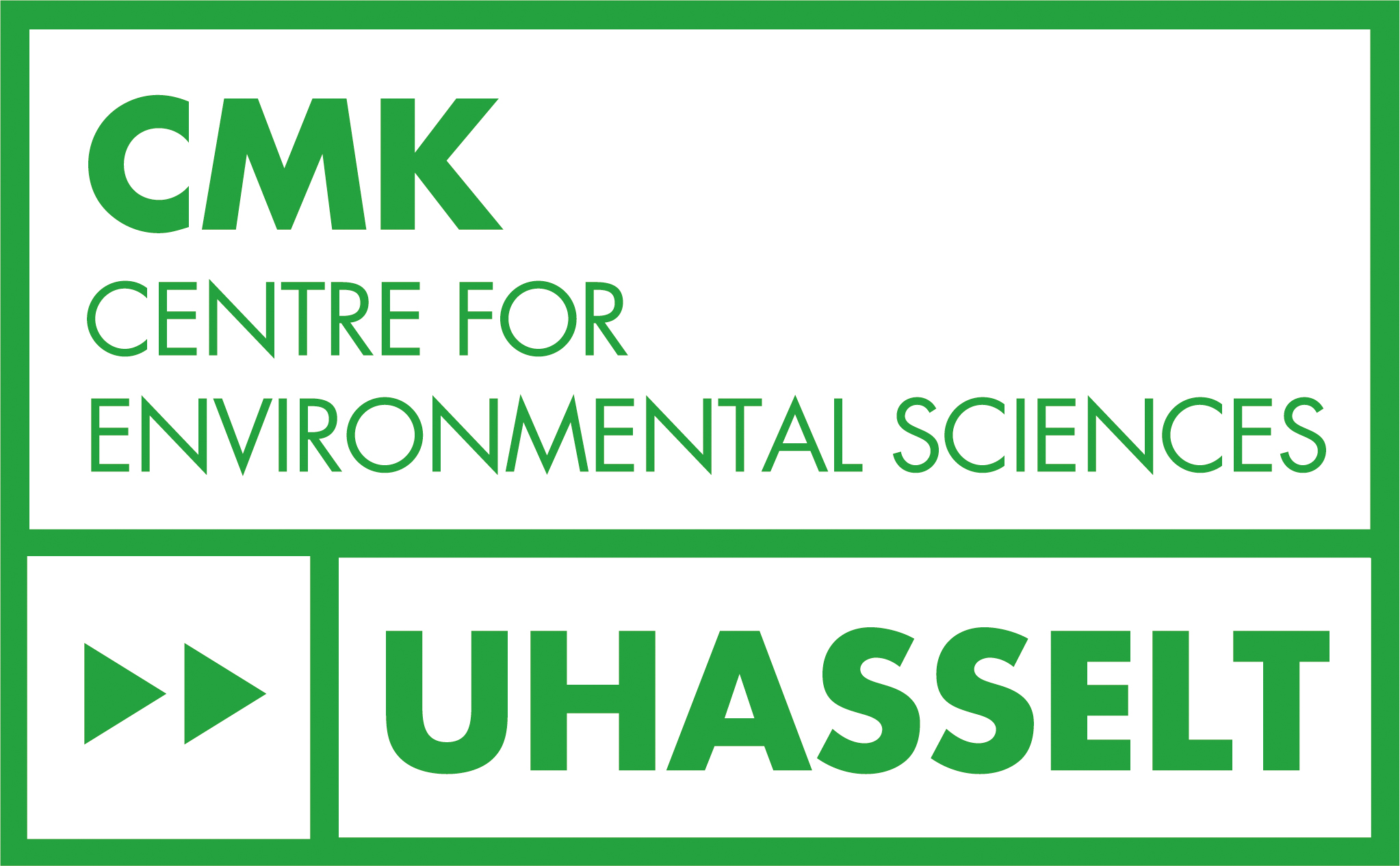PLANTS

Hasselt University and the University of Antwerp, in collaboration with OVAM and the Knowledge Centre for Innovative Remediation Techniques (KIS vzw), are launching the PLANTS project.
PLANTS, which stands for PFAS Land Treatment Solution, initially aims to answer a series of research questions by conducting phytoremediation experiments in both controlled and natural field conditions:
- What are the physiological, morphological and genetic factors that lead to differences between plant species and cultivars in PFAS uptake?
- How do soil parameters influence PFAS uptake and availability in plants?
- Where in specific plant species are PFAS compounds located and to what extent can we establish a mass balance?
- For which PFAS compounds is phytoremediation a feasible solution, taking into account uptake and degradation processes in the plant?
The answers to these questions should provide insights into the feasibility of phytoremediation or phytomanagement (mowing management) on agricultural land in Zwijndrecht and the Blokkersdijk nature reserve.
In the next phase, PLANTS will translate the insights on PFAS bioaccumulation under laboratory conditions into practice. This includes investigating technological implications (such as scale-up and biomass processing), economic evaluations (such as business models) and social acceptance. Methods for processing PFAS-contaminated plant biomass will be compared with the current standard: combustion at high temperatures. If the biomass proves useful, economic feasibility and valorisation potential are investigated. Social acceptance and public support will also be included in the process.
The project has a planned duration of four years and is funded by OVAM.
PLANTS project pageContact
dr. Sofie Thijs


